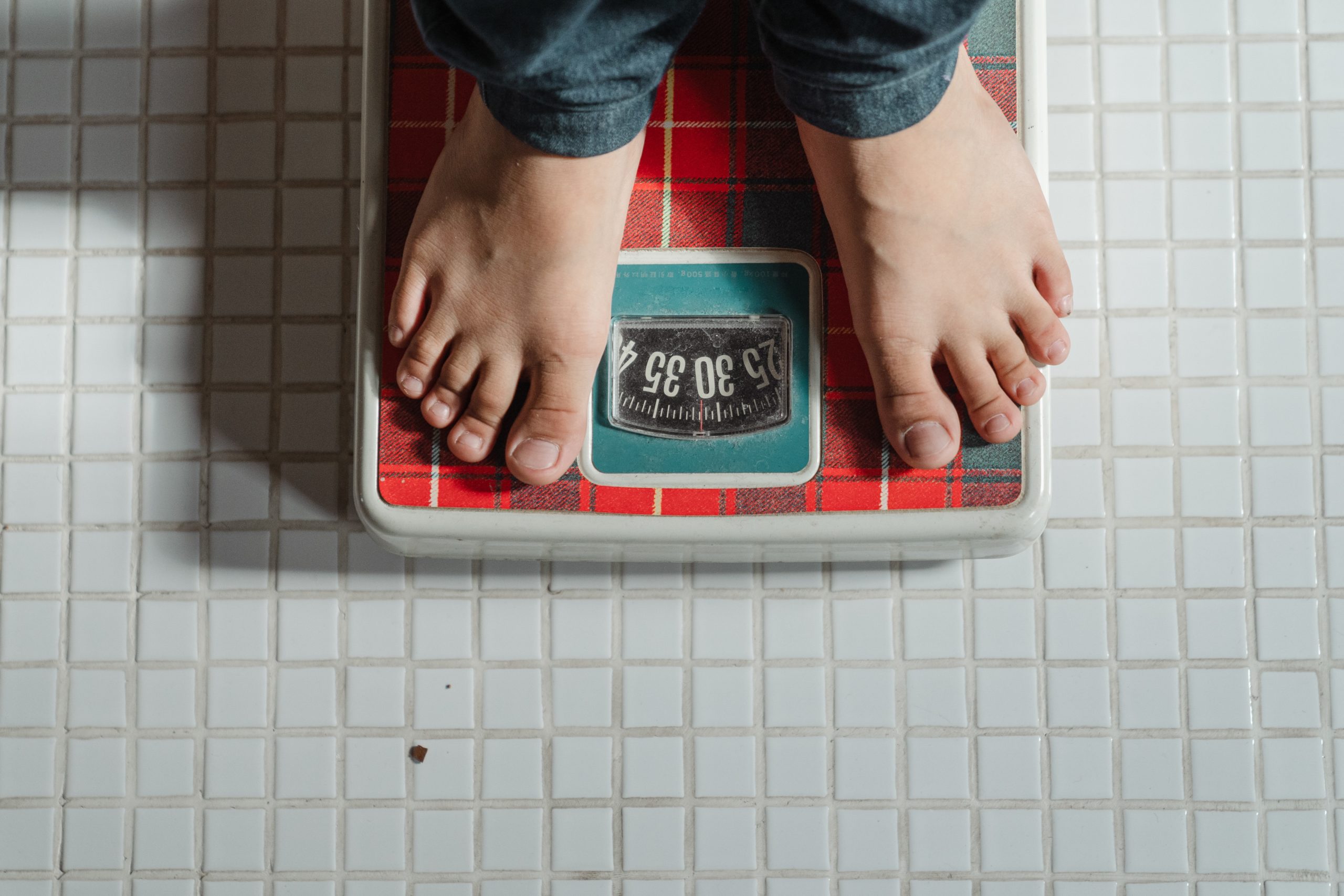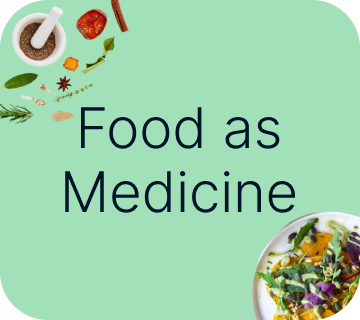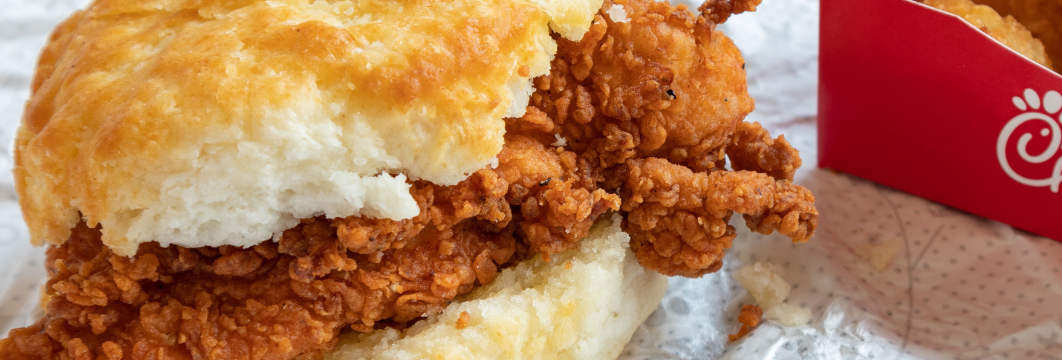“I’ve lost 13 pounds and my husband has lost 35 pounds! We’ve kept it off for a year!” – Ruby, Betr Member.
A healthy gut can have numerous benefits. It can even contribute to preventing or slowing the development of serious illnesses like heart disease, diabetes, and Alzheimer’s. Could a healthy gut also help you reach your weight loss goals?
In this article, we’ll cover:
- How a healthy microbiome produces substances that support healthy metabolism and weight loss.
- The impact of beneficial bacteria on insulin, blood sugar, and fat storage.
- Gut health’s effect on hormones that affect appetite.
- How inflammation can cause weight gain.
We’ll also leave you with a few suggestions on maintaining a healthy, metabolically-active microbiome!
Mighty Microbiome Metabolites
Studies show that healthy gut bacteria release important substances called “metabolites.” The metabolites of beneficial bacteria are like premium gasoline for your car. They keep your body functioning efficiently to avoid the inflammatory “gunk” buildup in your digestive engine.
These metabolites, called short-chain fatty acids(SCFAs), can support weight loss in several ways:
- They increase our cell’s ability to break down sugars, preventing excess blood sugar from converting to fat.
- Cortisol, while necessary to survival, can contribute to higher blood sugar levels and increased fat storage. SCFAs decrease inflammation, lowering cortisol levels and stress on the cells responsible for processing blood sugar.
- They increase our brain’s response to hormones that help us feel “full” after eating.
Takeaway
Beneficial hut bacteria produce metabolites called short-chain fatty acids(SCFAs). These metabolites support weight loss through several mechanisms.
Gut Bacteria, Insulin, and Fat Storage
“I have lost 19 pounds. My insulin intake is down at mealtimes” – Shelby, Betr Member.
Insulin is essential for effective blood sugar use and preventing excess blood sugar from being stored as fat. Our gut bacteria contribute to this process by producing SCFAs. For more details on diabetes and gut health, check out our blog post, The Sweet Story on Gut Health and DIabetes.
The “diet-industrial complex” has trained us to believe that fat is the enemy. But, when talking about biochemistry, fat is one of the essential building blocks of the countless hormones and other necessary chemical messengers in your body.
Think of your insulin response like an assembly line. The SCFAs are the first step on the line, increasing the production of hormones that improve our insulin sensitivity. Improved insulin sensitivity means that our cells use more blood sugar, preventing it from being stored as fat.
Without enough short-chain fatty acids, the whole assembly line slows down. Blood sugar levels increase, leading to insulin resistance and excess blood sugar stored as fat.
Takeaway
Short-chain fatty acids are necessary to produce the hormones responsible for healthy blood sugar processing. Poor gut health leads to high blood sugar, which contributes to insulin resistance, fat storage, and diabetes.
Ghrelin and the Gut-Brain Axis
“I no longer crave the bad food I ate, I crave salads now!” – Angel, Betr Member.
The Gut-Brain Axis is the relationship between our gut microbiome and brain function. One part of this relationship is that a healthy gut produces SCFAs and other precursors to hormones that communicate with the brain and nervous system.
One of these hormones is ghrelin, which sends messages to our brains to determine whether we’re hungry or satisfied. Remember that movie with the gremlins? Ghrelin is kind of like them. When you feel “full,” ghrelin is the cute, fuzzy gremlin. It keeps you feeling satisfied. When you don’t feed your ghrelin gremlin, it becomes a scaly, green troublemaker. You experience hunger and craving.
Studies have shown that SCFAs can increase the amount of ghrelin and improve our body’s response to the hormone. A better ghrelin response means you will feel full sooner and eat less, contributing to weight loss.
To learn more about how our Gut-Brain Axis contributes to a healthy mind, you can read our post Gut Feelings: Could Improving Gut Health Improve Symptoms of Anxiety and Depression?
Takeaway
SCFAs produced by healthy gut bacteria increases ghrelin levels and your brain’s response to it. A good ghrelin response leads to reduced feelings of hunger and craving.
Inflammation and weight gain
Inflammation is an essential mechanism our body uses to repair itself. However, too much inflammation can cause damage to healthy cells. This damage leads to disease, impaired function, and stress. Inflammatory stress causes the release of cortisol, our primary stress hormone.
When we are under threat, we need energy. Cortisol supplies this energy by increasing our blood sugar levels and decreasing the ability of cells (other than those responding to the threat) to use this blood sugar. This process is the definition of insulin resistance. And it’s ok in the short term. Facing a threat is no time to be storing fat for the future.
The problem occurs when we experience long-term stress from low-level inflammation. This constant cortisol exposure increases blood sugar levels, insulin resistance, and fat storage.
Short-chain fatty acids released by gut bacteria can fight this chronic inflammation and lower cortisol levels. SCFAs tell our cortisol to “chill,” reducing stress-related weight gain and blood sugar increases.
Takeaway
Short-chain fatty acids reduce our cortisol levels, insulin resistance, and stress-related weight gain.
How to Maintain a Betr Gut
Picture a forest. Do you see just one kind of tree, in straight lines, with no animals? No, a forest is a diverse community with trees, plants, and animals. In elementary school, we learned that every species plays a role in keeping a forest healthy and balanced. Our gut environment works the same way.
Several studies have found imbalanced bacterial strains can make us prone to fat storage and weight gain.
Unfortunately, the “Western Diet,” high in processed foods and simple carbohydrates, is bad for encouraging a diverse and healthy mix of gut bacteria. Lucky for us, especially if we are following the Betr protocol and enjoying anti-inflammatory, fiber-rich, delicious foods.
One of the secret weapons of the Betr approach is dietary fiber. Beneficial bacteria digest this fiber and release SCFAs to fight inflammation and produce healthy hormones. The combination of fiber and reduced inflammation makes our gut a nice neighborhood for more beneficial bacterial species to move in.
Takeaway
The Betr protocol uses food as medicine to heal inflammation and reboot the gut microbiome.
Gut Health and Weight Loss: The final dish
Hopefully, you’ve gained a better understanding of how a healthy gut can help you reach your weight loss goals. The main points to remember are:
- Beneficial gut bacteria produce metabolites called short-chain fatty acids(SCFAs). These metabolites support weight loss through several mechanisms.
- Short-chain fatty acids are necessary to produce the hormones responsible for healthy blood sugar processing. Poor gut health leads to high blood sugar, which contributes to insulin resistance, fat storage, and diabetes.
- SCFAs produced by healthy gut bacteria increases ghrelin levels and your brain’s response to it. A good ghrelin response leads to reduced feelings of hunger and craving.
- Short-chain fatty acids reduce our cortisol levels, insulin resistance, and stress-related weight gain.
- The Betr protocol uses food as medicine to heal inflammation and reboot the gut microbiome.
Are you wondering whether the Betr protocol could help you reach your health goals? Our gut health quiz can give you an idea of whether using food as medicine to lower stress and reduce inflammation could help you reach your health goals!
After reading this article, you may be asking yourself if your own health hurdles could be related to an unhealthy gut.
Explore Betr's risk-free trial to see if you could benefit from using food as medicine to rebuild your microbiome and realize the healthy potential you never knew you were missing!











